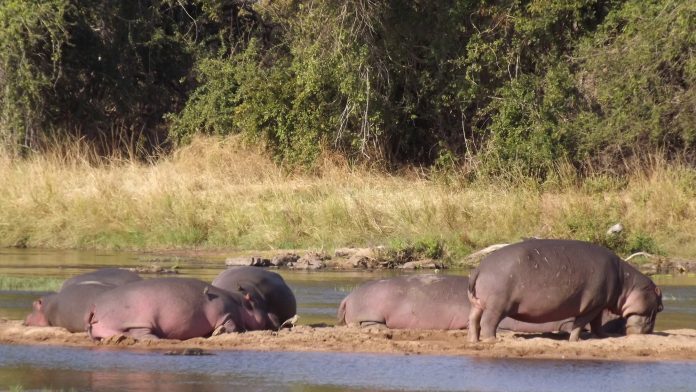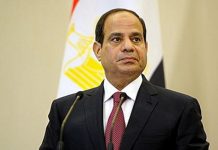Nature knows exactly its tracks. The Creator did not consult man before willing things, animals, the elements, indeed the world, to be. But as the scripture says, God put everything under the command of man. So humanity can decide to wipe out wildlife. Is that right? No, it is wrong.
The advent of civilization entails the emergence of law and order. Even matters concerning the hunting of wild animals are subject to the rule of law.
This explains why Mozambique, which is eager to resume the limited hunting of hippopotamus, intends to take the proposal to the next meeting of the Standing Committee of CITES (Convention on International Trade in Endangered Species), due to be held in Geneva next week.
CITES decided to suspend the trade in hippopotamus trophies from Mozambique in 2012, since the size of the Mozambican hippo population was unclear, making it difficult to allocate quotas for sport hunting. As Bartolomeu Soto, the General Manager of Mozambique’s National Administration of Conservation Areas, ANAC, puts it, “Mozambique is working with the European Union, the United States and the CITES Secretariat, in order to resume the international trade in hippopotamus trophies”.
At a meeting in Maputo last week with ANAC’s cooperation partners, Mr. Soto said the government was collating advice and recommendations to improve the document that will be submitted to the CITES Secretariat for its approval. He expressed the hope that Mozambique will be able to trade in hippopotamus trophies again as from 2018.
According to Mr. Soto, Mozambique now has over 7,000 hippos, which means that 40 animals a year can be hunted without causing any problems in the ecosystem. Mr. Soto explained that, as part of the fight against poaching and the illegal trade in wildlife products, Mozambique has been signing bilateral agreements for the protection and conservation of biodiversity.
He declared that the signing of agreements with Vietnam, in August 2017, and with South Africa and Tanzania, were unequivocal signs of commitment to the fight against poaching which is endangering the survival of species such as rhinos, elephants, pangolins and lions.
The agreement with Vietnam could prove particularly important, since Vietnam is the destination for much of the rhino horns smuggled out of southern Africa. Several Vietnamese citizens have been arrested at Maputo International Airport in possession of rhino horns.
The senior Mozambican official said the agreements would clarify the tasks of each country in the fight against poaching. He noted that this year the Mozambican parliament, the Assembly of the Republic, strengthening the country’s anti-poaching legislation, so that those who order crimes against biodiversity can be jailed for up to 16 years.
Mr. Soto assured, “We are working to meet the targets set by the United Nations in the Sustainable Development Goals. These recommend stepping up the struggle against poaching and the trafficking in protected species, but also improving the capacity of local communities so that they can benefit from sustainable livelihoods”.


















